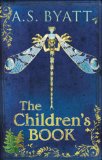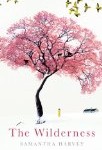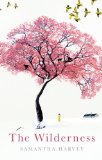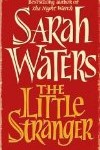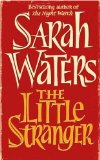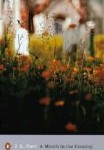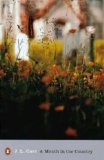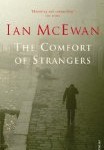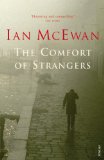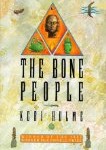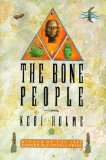I had a love-hate relationship with this book and have to admit that there were several points, especially in the middle, where I nearly gave up on it.
The Children’s Book is set in England in the last few years of the 19th Century and ends in during the first world war. The book follows a vast number of characters, mainly children, as they grow up in this often forgotten period of history.
The book is packed with detail about the news events of the period and the lifestyles they led, but it’s richness was also it’s downfall for me. The book was very long (the hardback I read was 600+ pages of tiny type) and the descriptions so detailed that it lacked momentum. I had to become immersed in the beautiful writing of each paragraph and try to forget that I still had 400+ pages to go, and I didn’t really know where the story was going. It focused on the minute details of their lives, which although interesting, often failed to engage me and led to my mind wandering. I’m still not sure whether I made the right choice in finishing this book. It took a very long time to read, and although I now know a lot more about that period in history I do not feel I have gained much. It didn’t really entertain me, and the ending didn’t merit the build-up.
I’m sure that lots of people will love this book, but although I enjoy a bit of detail this went a bit far for my tastes. It is a beautifully crafted book though, and will probably win this year’s Booker prize. So if you fancy being transported back to the early part of the 20th century – give it a go.
![]()
This is the first book written by A. S. Byatt that I have read, although I vaguely remember giving up Possession after just a few pages.
Do you enjoy reading books written by A. S. Byatt?
Which of her books is the best?

